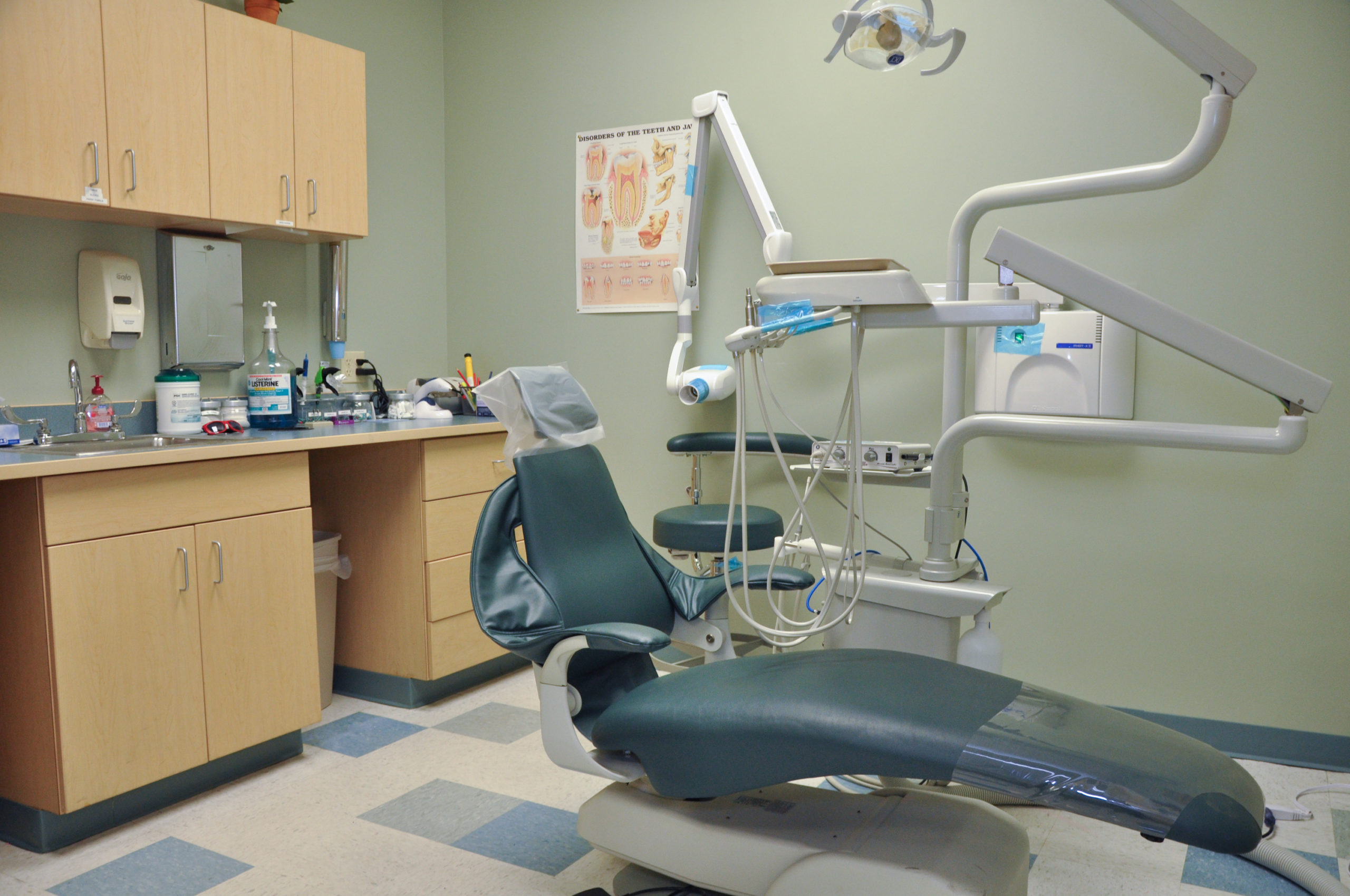Experience Comprehensive Dental Treatment with a Relied On Eugene Dentist
Experience Comprehensive Dental Treatment with a Relied On Eugene Dentist
Blog Article
Discover Common Dental Issues That Dentists Can Deal With Successfully
Dental health and wellness is a critical aspect of general well-being, yet common problems such as dental caries, gum tissue disease, tooth decay, tooth sensitivity, and misaligned teeth usually go untreated. Improvements in oral treatment have actually made it feasible for dental professionals to attend to these troubles properly via different therapies.
Dental Caries
Cavities, also referred to as cavities, are among the most prevalent dental issues affecting individuals of all ages. They occur when the enamel, the difficult external surface of the teeth, is worn down by acids created by microorganisms in the mouth. These germs thrive on sugars and starches from food and drinks, developing a sticky movie called plaque that sticks to the teeth. In time, the acids in plaque can develop small openings or holes in the enamel, leading to dental caries.
As the degeneration progresses, people might experience tooth sensitivity, discomfort while eating or consuming alcohol, noticeable openings, and discoloration (dentist eugene or). Normal oral check-ups are crucial for early detection and monitoring of cavities.

Gum Tissue Disease
Periodontal condition, also known as gum condition, is a widespread problem that influences the cells surrounding and sustaining the teeth. It largely happens as a result of the build-up of plaque, a sticky movie of microorganisms that bases on the teeth. If not gotten rid of through routine cleaning and flossing, plaque can set into tartar, which can only be gotten rid of by a dental expert.
There are 2 primary phases of gum illness: gingivitis and periodontitis. Gingivitis is the initial, milder type, identified by red, swollen periodontals that might bleed quickly. At this phase, the problem is usually relatively easy to fix with proper oral hygiene and expert dental cleanings. If left untreated, gingivitis can progress to periodontitis, an extra extreme type that can result in loss of the bone that supports the teeth.
Periodontitis involves much deeper infection and swelling of the gums, creating the gum tissues to retreat from the teeth and form pockets that can become contaminated. Treatment for periodontitis frequently includes scaling and origin planing, a deep-cleaning procedure to remove tartar and microorganisms from below the gum tissues. In advanced situations, medical interventions might be needed to restore periodontal and bone health. Routine oral examinations are essential for early discovery and effective monitoring of gum illness.
Tooth Decay
Tooth degeneration, a prevalent dental problem, shows up when the difficult surface area of the tooth, called enamel, is damaged by acids generated by germs in plaque. This procedure starts when sugary and starchy foods are taken in, giving a reproduction ground for microorganisms. These bacteria metabolize the sugars to produce acids, which ultimately deteriorate the enamel, resulting in tooth cavities.
Originally, dental cavity could be asymptomatic, yet as it progresses, it can check over here result in noticeable openings or pits in the teeth, tooth pain, and sensitivity to hot, cold, or wonderful compounds. If left unattended, the degeneration can pass through much deeper layers of the tooth, reaching the dentin and eventually the pulp, causing severe pain and possibly bring about abscesses or infections.

Tooth Level Of Sensitivity

The underlying root causes of tooth level of sensitivity are differed. Typical aspects include enamel erosion due to hostile cleaning, acidic food usage, or dental conditions such as gum tissue economic crisis and dental caries. Subjected dentin, the layer below the enamel, allows exterior stimuli to reach the nerve ends, leading to pain.
Dental professionals can effectively deal with tooth level of sensitivity through numerous treatments. Desensitizing toothpaste and fluoride gels are frequently prescribed to reinforce enamel and minimize discomfort. In instances of serious sensitivity, oral experts may use bonding agents or recommend therapies such as fluoride varnishes and sealants to shield subjected dentin. Furthermore, addressing the origin reason, such as treating gum tissue condition or modifying brushing strategies, is vital for long-term alleviation - eugene dentist.
Misaligned Teeth
Handling misaligned teeth is an additional typical problem in oral health, substantially influencing both appearances and functionality. Misaligned teeth, frequently referred to as malocclusion, can arise from numerous variables, including genetics, thumb-sucking during childhood, or prolonged use a pacifier. This condition not only impacts the appearance of one's smile but can also lead to difficulties in eating, speaking, and maintaining dental health, raising the threat of dental caries and gum tissue condition.
Dental practitioners use numerous efficient treatments visit site to deal with misaligned teeth, tailored to the seriousness and particular needs of the patient. Typical steel dental braces remain a widely utilized alternative, specifically for complicated situations, as they progressively shift teeth right into the appropriate placement over time. For those looking for a less conspicuous remedy, clear aligners such as Invisalign supply an even more aesthetic choice, supplying the exact same corrective advantages without the exposure of metal dental braces. Additionally, orthodontic devices like retainers are crucial in preserving the results post-treatment, protecting against teeth from moving back to their original settings.
Early intervention is critical for ideal results, making routine oral exams important for attending to and recognizing misalignment issues immediately. Via personalized therapy plans, dentists can properly recover both the performance and look of a person's smile.
Verdict
In recap, resolving common oral problems such as dental caries, gum condition, tooth decay, tooth sensitivity, and misaligned teeth is vital for preserving dental health and wellness and performance. Dentists are equipped to identify and deal with these problems successfully with different interventions, including fillings, cleanings, orthodontics, and preventative treatment. Ideal and prompt treatment can reduce the risks related to these dental troubles, consequently improving general oral wellness and lifestyle.
Dental health is a critical facet of total wellness, yet common concerns such as dental caries, periodontal disease, tooth decay, tooth level of sensitivity, and misaligned teeth commonly go without treatment.Tooth degeneration, a prevalent oral concern, materializes when the hard surface area of the tooth, known as enamel, is harmed by acids created by bacteria in plaque. Preventative steps such as regular oral check-ups, excellent oral health practices, and a well balanced diet plan are essential in mitigating the danger of tooth decay.
Typical factors include enamel disintegration due to aggressive cleaning, Website acidic food consumption, or oral conditions such as periodontal recession and tooth degeneration.In recap, attending to usual oral issues such as dental caries, gum condition, tooth decay, tooth sensitivity, and misaligned teeth is crucial for preserving dental health and performance.
Report this page